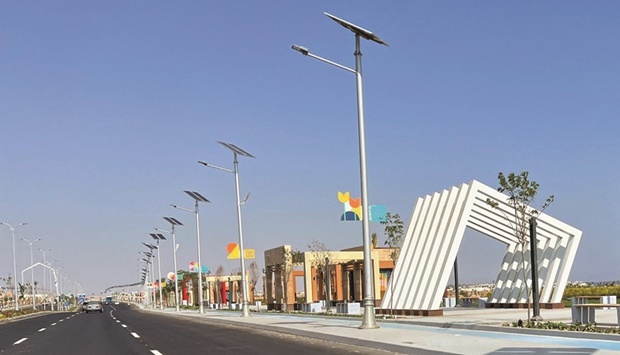The decision to hold next month’s COP27 climate summit in a highly secured tourist resort in Egypt, along with restrictions on access, is curbing civil society’s participation in the event, some prominent activists say.
The Nov 6-18 summit in Sharm El-Sheikh is the first annual UN climate conference to be held after the easing of COVID-19 restrictions.
Campaigners see it as a crucial venue for raising the alarm over climate change and pressuring governments to act.
But they say voicing their concerns through rallies and protests as they have done in past host countries or cities will be more challenging in Egypt, where public demonstrations are effectively banned and activists have struggled to operate legally amid a far-reaching crackdown on political dissent.
Limits on accreditation and attendance badges for activists, especially from poorer nations, have also been a point of contention at previous UN climate summits.
Egypt, which has just one non-governmental organisation permanently accredited to attend the annual summits, says inclusion of civil society is a priority, and it has helped add more NGOs including 35 Egyptian groups through a single-year admission valid only for COP27.
That was a positive step but the process was not publicly announced and did not give some groups a fair chance to apply, said Hossam Bahgat, head of the Egyptian Initiative for Personal Rights (EIPR) and one of Egypt’s best known campaigners.
“As a result, the list of accredited organisations does not include a single human rights organisation and none of the independent human rights groups in Egypt, including those that are working on the nexus of human rights, environmental justice and climate justice,” he said.

View of a road with solar light at the side of a walking area in Egypt’s Red Sea resort of Sharm El-Sheikh town as the city prepares to host the COP27 summit next month, in Sharm El-Sheikh.
